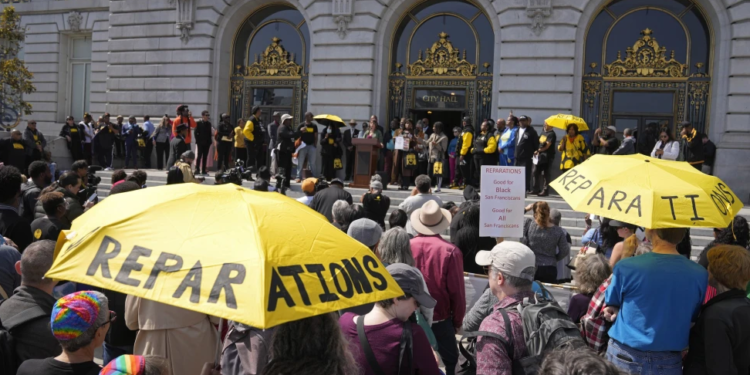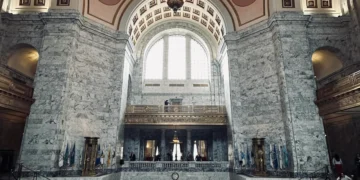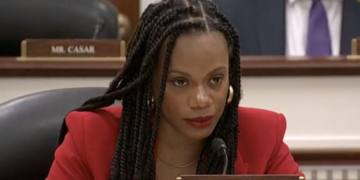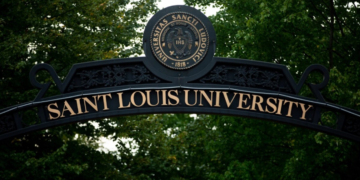Sep 26, 2024 Story by: Editor
California Governor Gavin Newsom has signed a new law requiring the state to issue a formal apology for slavery and its lasting effects on Black Americans. This legislation is part of a larger package of reparations bills introduced to address historical racial disparities, along with new laws enhancing protections against hair discrimination for athletes and increasing oversight on book bans in state prisons.
“The State of California accepts responsibility for the role we played in promoting, facilitating, and permitting the institution of slavery, as well as its enduring legacy of persistent racial disparities,” said Governor Newsom. “Building on decades of work, California is now taking another important step forward in recognizing the grave injustices of the past—and making amends for the harms caused.”
However, just a day prior, Newsom vetoed a proposal that would have assisted Black families in reclaiming or receiving compensation for property unjustly seized through eminent domain. This bill was blocked because another related proposal, which aimed to create a reparations agency to assess such claims, did not pass.
Although California entered the union as a free state in 1850, it still permitted slavery in practice and implemented policies that prevented Black people from owning homes or starting businesses. Black families were subjected to aggressive policing and their neighborhoods faced environmental degradation, according to a report from California’s state reparations task force.
Reparations efforts have stalled at the federal level for years, while states like Illinois and New York, along with cities like Boston and New York City, have established reparations commissions to study the issue. Evanston, Illinois, took action by creating a program to offer housing assistance to Black residents as restitution for past discrimination.
Despite being a leader in the reparations movement, California has not yet introduced legislation for direct payments to African Americans, leading to frustration among some advocates. In June, Newsom approved a state budget of $297.9 billion, which included up to $12 million for reparations legislation.
Previously, Newsom signed laws within the reparations package aimed at improving outcomes for students of color in career education programs. Another Black Caucus-backed proposal to ban forced labor as a punishment for crime will be on the ballot in November.
State Assemblymember Isaac Bryan, a Democrat from Culver City, authored a law to increase transparency regarding books banned in state prisons. He described it as “a first step” to address a “shadowy” process where the Department of Corrections decides which publications pose a security threat or violate department rules.
The new law authorizes the Office of the Inspector General to review the banned books list and assess the department’s reasoning. It also mandates that any changes to the list be reported to the office, which must then post the updated list on its website.
“We need transparency in this process,” Bryan said. “We need to know what books are banned, and we need a mechanism for removing books off of that list.” Source: AP News

















